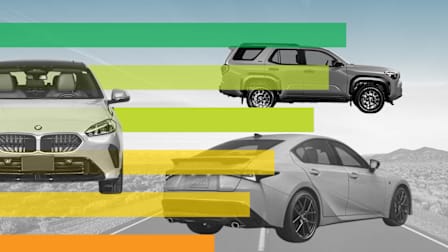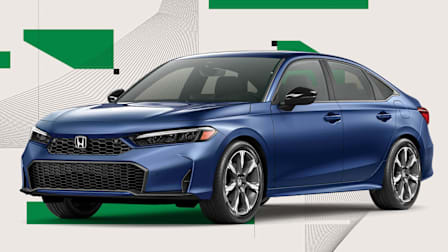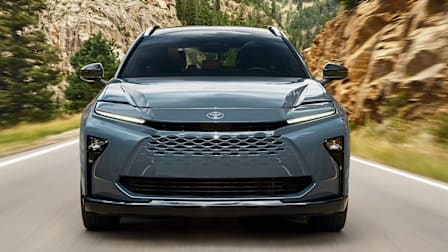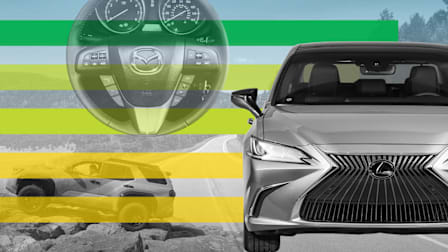Hybrids Are Still the Most Reliable Cars, CR Survey Shows
Electric cars and plug-in hybrids still struggle with reliability compared with gas-only vehicles
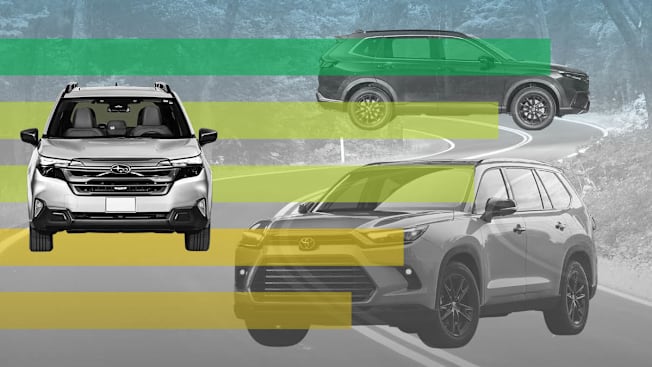
Once again, Consumer Reports’ annual reliability survey has found that hybrid vehicles have fewer problems than gas-only cars. Electric cars and plug-in hybrid vehicles (PHEVs), meanwhile, tend to have more issues.
CR’s latest reliability ratings are based on survey responses from the owners of about 380,000 vehicles from the 2000 through 2025 model years, and a few early 2026 models. Here’s what we found when we analyzed the data based on vehicle powertrain type, for the 2023 through 2025 model years:
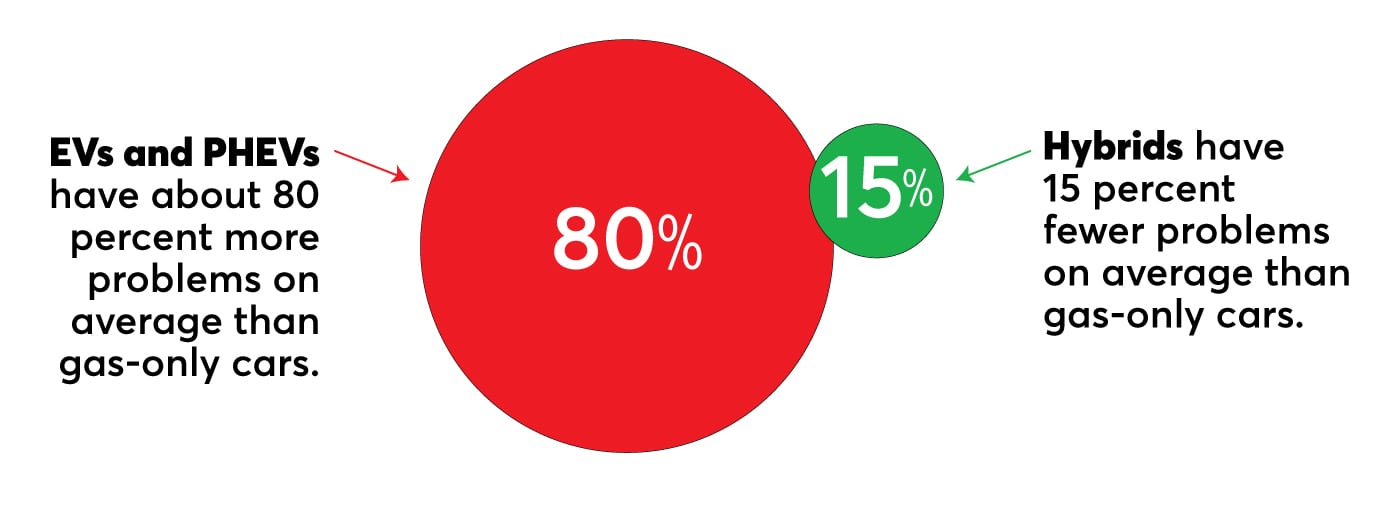

A Tesla Is the Most Reliable Electric Car, While Hyundai and Kia Fall Behind
Tesla is the most improved automaker on Consumer Reports’ reliability list. The brand’s designs have matured enough to have shed the worst of its reliability woes. With the exception of the Cybertruck—which is an entirely new and radical design—other Tesla models are ranked either average or above average. In fact, the Model Y is the most reliable new EV you can purchase.
At the other end of the spectrum, EVs from Hyundai, Kia, and Genesis are the least reliable models from each brand. According to our survey data, many complaints are related to a faulty Integrated Charging Control Unit (ICCU), a component of the electric powertrain that has been recalled on vehicles from all three brands due to failures that can cause a loss of power while driving.
“The downside of sharing parts and designs across multiple models and brands is that a single fault can affect several models,” says Fisher.
Hyundai, which owns Genesis and has a 33.88 percent ownership stake in Kia, has already had similar issues with parts shared across its gas-powered cars. These include faulty engines and braking components that could catch fire, and ignition switches that lacked an important theft-proofing feature.
Learn more about the reliability of new and used cars.
Reliable Brands Make Reliable EVs and Hybrids
Many of the hybrids with top reliability are based on already reliable designs. Or, those models use hybrid powertrains that the manufacturers have incrementally improved over the years.
“One major reason why hybrids tend to be more reliable is that they’re mostly made by brands that make reliable cars, such as Honda, Lexus, and Toyota,” says Steven Elek, program leader of auto data analytics at CR.
The same is true when it comes to EVs. Lexus is the third most reliable brand in our 2026 survey, and the automaker’s RZ SVU is the second most reliable EV. Similarly, BMW is the fifth most reliable brand overall in our survey, and its EVs are no exception: The i4, i5, and iX all have average reliability.
Startup Brands Still Struggle
As has been the case in prior years, the newest brands have the most issues with their cars. Both Lucid and Rivian only started delivering new cars to owners in 2021, and both brands sit toward the bottom of brands we have sufficient data to rank.
“Building an entire car company from scratch is a Herculean undertaking, and it can take years to work out the bugs,” says Fisher. “Tesla seems to have graduated from the problems that a startup automaker faces, but other manufacturers still have teething issues.”
Big Changes Lead to Big Problems
It isn’t just Lucid and Rivian that earn low reliability scores because their vehicles are new. Our data shows that when a legacy automaker debuts an all-new model, that vehicle can cause as many problems for owners as a model from a startup.
For example, Mazda has been among the most reliable automakers in our surveys. But this year, it dropped precipitously. “After years of tried-and-true designs, the new CX-90 and CX-70 were ground-up new designs for the 2024 and 2025 model years, respectively, including the engine and transmission,” says Elek. “That’s affecting the brand’s reliability score.” Those issues also extend to the batteries and electric motors in PHEV models. Now, Mazda is now the lowest-ranked Japanese automaker for new car reliability.
Similarly, General Motors debuted its all-new Ultium battery and electric motor architecture on new vehicles for the 2024 model year. The automaker has since stopped using the Ultium name to refer to the vehicle platform, but its reliability issues persist: Almost every model that uses the shared technology—including the Chevrolet Blazer and Cadillac Lyriq—has a reliability score of below average or well below average. Even the Honda Prologue, which was built as part of a short-lived partnership between Honda and GM, has below-average reliability, despite the Honda brand’s high overall ranking.

